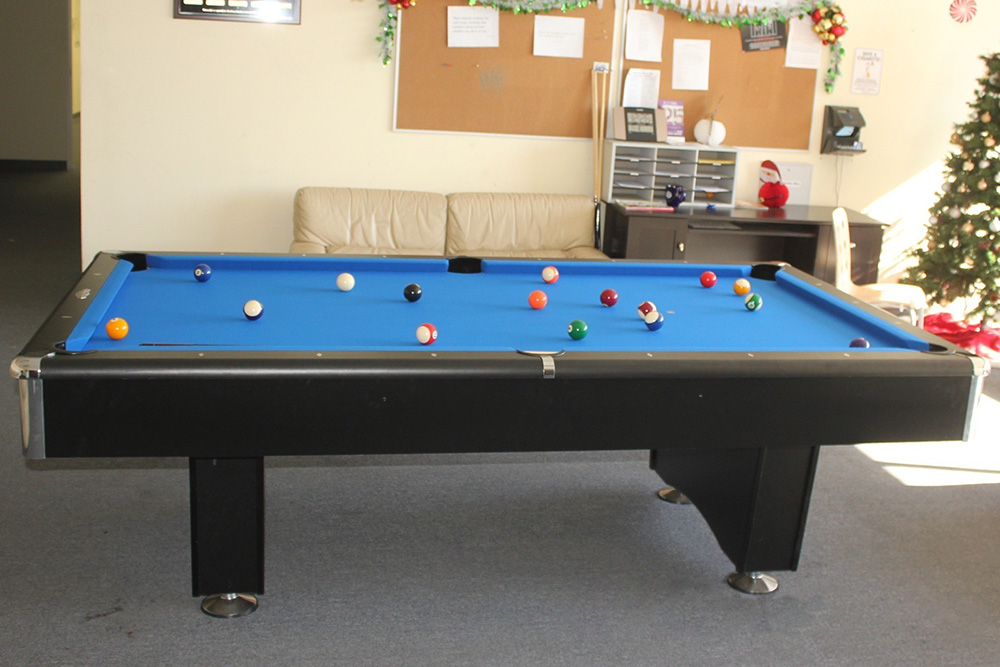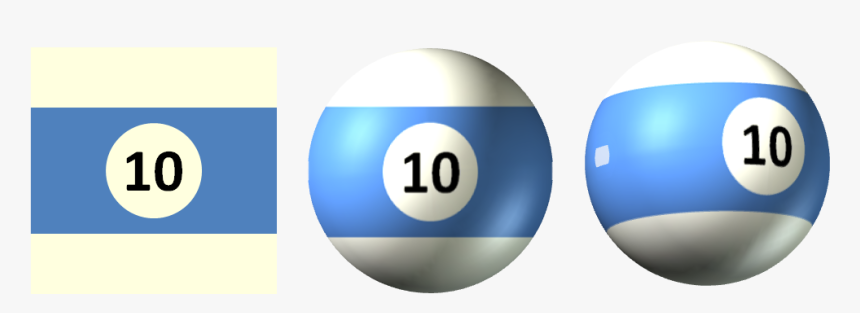
One of the most loved sports in the world is pool. You can play it on many different sizes of tables. You need to be skilled at the game. Although there are many variations of pool, the most popular ones are eight ball and continuous pool. These games require a high level of skill and can be played as singles, doubles or as a team sport.
The object of the game is to get all designated balls. This includes the cue and eight-ball balls as well as other object or specialized balls. Each player gets one of the two pockets located at the feet of the table. They go on until they make a mistake or foul. A foul means that the player must return the ball to the cue ball and attempt a new shot. A number of fouls could occur such as hitting the cueball into an item ball, breaking, hitting it into a ball, making an illegal break or performing a jump.
The official pool rules are the World Standardized Rules. They are used in many international tournaments and organizations, as well as by the Billiard Congress of America. When a foul is committed, the ball that was pocketed must be put back on and the opponent's ball pocketed by the cue ball counts as a point for the opponent.

In eight-ball, the goal is to pocket the black eight ball. Depending on the variation of the game, the other balls are numbered 1 through nine. The winner of the game is the one who has the ball in his own hand.
A normal foul gets you a minus. The penalty for a normal foul is a minus one. The player can restore the position in which he was before the foul. He may choose to keep his shot, and if his opponent places a ball in his pocket, he will be awarded a point.
Another type of foul is the ball in hand foul. This happens when the ball is touched by a player without his or her foot touching the floor. A player must announce his or her pocketed ball before taking a shot. After the foul, the ball must be kept as close to the foot spot that it was when it was taken.
The player who commits two fouls in a row must be warned before taking his or her next shot. A third foul can result in the game being lost if the player does not agree to a penalty. If a player is caught breaking in the first inning, they will receive a minus of -10.

Another type of foul is a non-player interference. A foul is one that is not considered to be player interference. Non-player interference does not count if the ball is pocketed in the course or a foul.